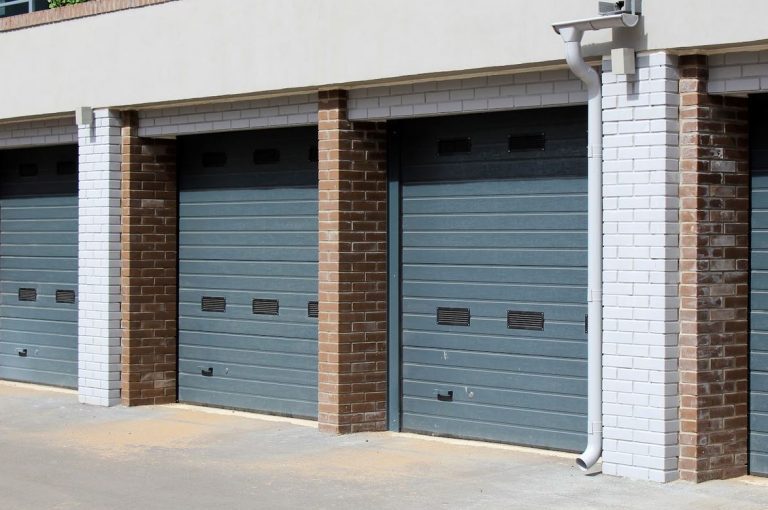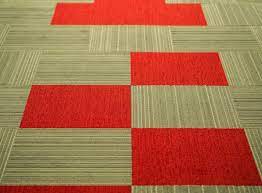There are millions of different jobs from which you can choose and thousands of industries or niches. Some people seem to know from a very young age what they want to do when they grow up. Others get to adulthood and still have no clue what they want to do for money. If you are close to the time when you have to choose a career, you’ll need to think about whether you have an aptitude or skill set that qualifies you for a particular profession. You must also consider whether you’re able or willing to go to school to get a degree from an accredited university. You need a college degree, at a minimum, if you want an entry-level position in certain industries. Today, we’ll talk about two industries, architecture and construction. They’re related in some ways, but there are also distinct differences between them. Consider Safety Safety is one of the first things you’ll probably want to consider if you’re looking into either construction or architecture as possible career fields. There’s no denying that, on the whole, architecture is safer than construction work. OSHA says that in 2019, 5,333 on-the-job deaths occurred. It probably will not surprise you all that much to hear that construction workers made up one out of every five of these deaths. If you think about what you do on a construction site, it makes sense that injuries and deaths should result at a much higher rate than lots of other professions. If you’re working construction, you might be up on the high steel if you’re erecting a building. If you’re not careful, you can fall. You might have to work with open flames on construction sites if you’re welding something. You can burn yourself. You might hit someone when you’re driving a construction vehicle if you did not receive the proper training. Crushing injuries can occur if a vehicle smashes someone between it and a building or another hard object. If you get into construction, you need to have your head on a swivel at all times to watch for danger. If you work as an architect, you’re probably spending most of your time drawing up plans in an office environment. You might have to visit a job site occasionally to check on a building’s progress, but that’s about it. Additional Schooling Most individuals who get into construction do so without going to college. Some of them might go to a trade school instead, though some get into the profession without even doing that. That might appeal to you if you never liked school very much. You can often start construction jobs right after high school, though going to a trade school will look better on an application. At least that way, you can point to formal training you received that should better prepare you for construction-related tasks. Architects need to go to school to study architecture. That includes theory as well as modern industry practices. If you have the money to do this, architecture becomes a viable option. If you don’t have the money to pay for it yourself, and you don’t have relatives who might help you, you will probably have to look into student loans. The Money It is also true that, on average, if you go to school and study architecture, you can make more money than if you get into construction. There are always exceptions to that rule. You can get a Master’s degree in a construction-related field. For instance, you might become an engineer and work overseeing a construction company or crew. Most architects, though, make more money than someone in construction who’s low on a company’s totem pole. An architect can easily make six figures or more, especially if they rise quickly within the industry and become a respected name. Architects are superstars if they get plum jobs like designing football stadiums, opera halls, museums, hospitals, and so forth. You command respect as an architect because most people feel that it’s a white-collar job. Construction is a blue-collar job. Fair or not, people might look at you differently if you say you work in construction or if you say you’re an architect. It’s a Different Lifestyle Ultimately, if you want to choose between these two professions, you should look at how much money you can spend on your education or how much you’ll likely make while on the job. You might choose between them based on how you think people will perceive you. All of that matters, but you should also think about how you like to spend your days. A working architect sometimes works long hours, but they do so from an office. If you work construction, it’s a hands-on industry, with you driving vehicles around a construction site, putting your sweat and muscle into hauling materials around, etc. These two professions seem like they would attract two different types of people. If you really enjoy working with your hands and seeing a building come up because you helped to do it, construction might seem like the best profession for you. Also, construction work seems like a legacy job in a lot of instances. If you have family members who work construction, you might feel like you want to get into it for that reason. Architects also help erect buildings, but they do it in an entirely different way. They might envision how something will look: a shopping mall, a restaurant, or a medical facility. They can figure out where windows and doors should go, how to add ramps for disabled individuals, or a dining hall or classroom’s location. They will never physically help erect any of it, though. That’s the fundamental difference between the two industries. They connect with each other, but they often seem to attract different personality types. One is no better than the other. The average architect and construction worker simply want to spend their time doing different things, even if their goals essentially coincide.














